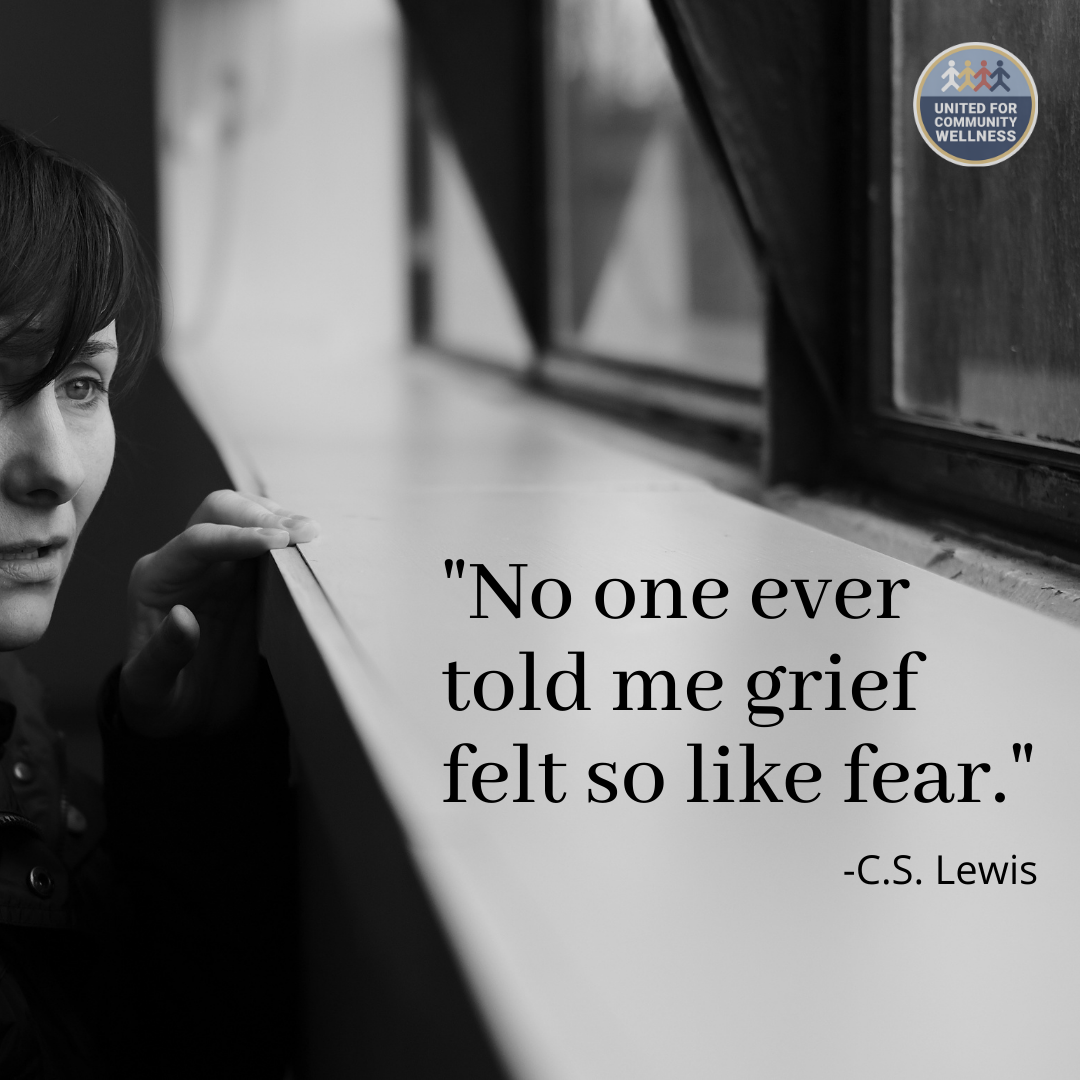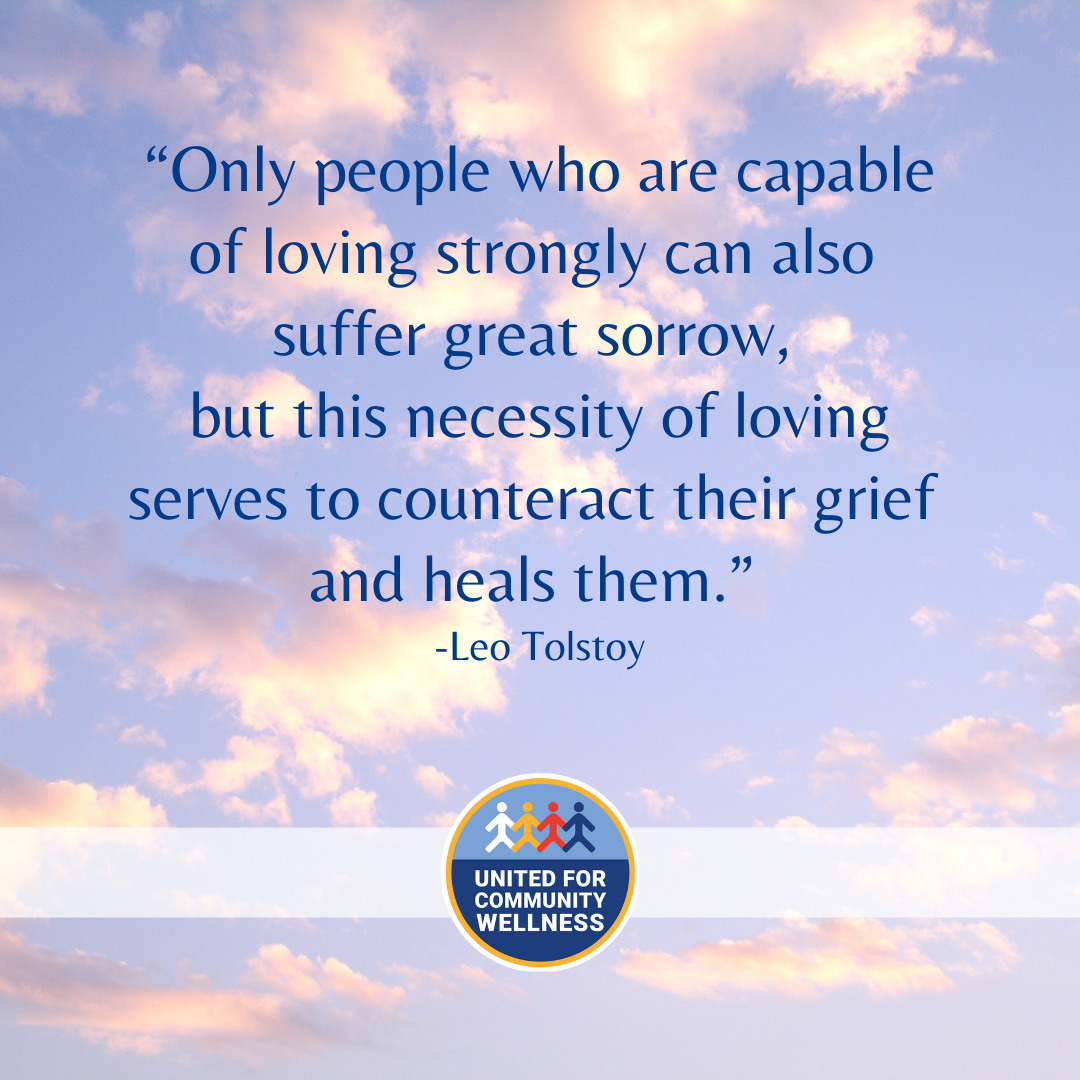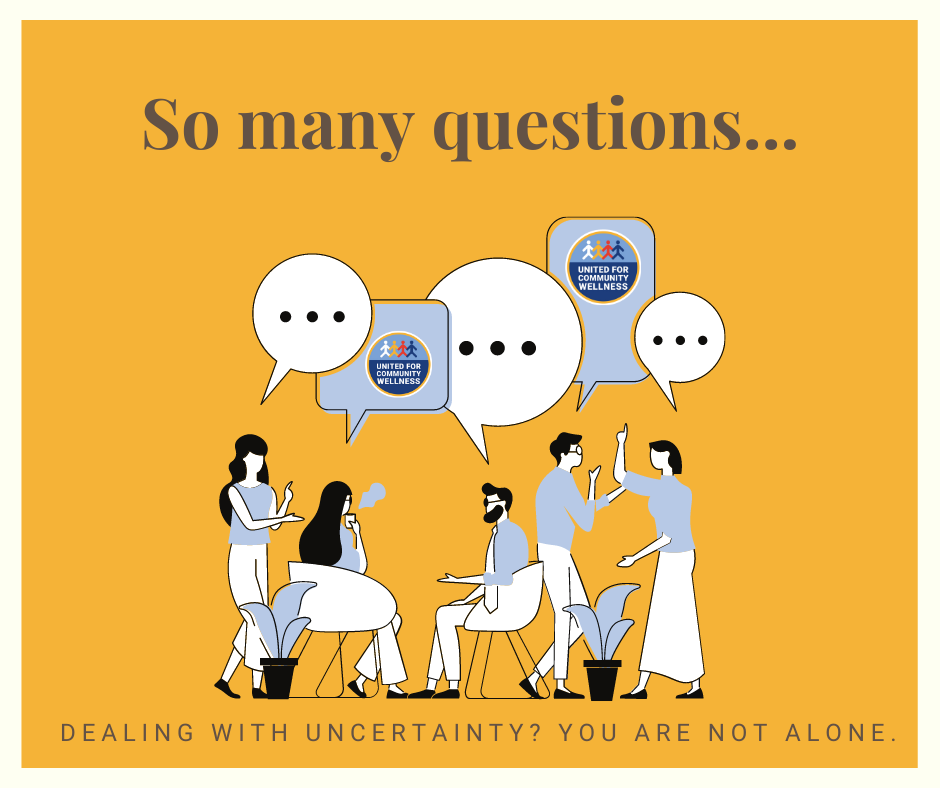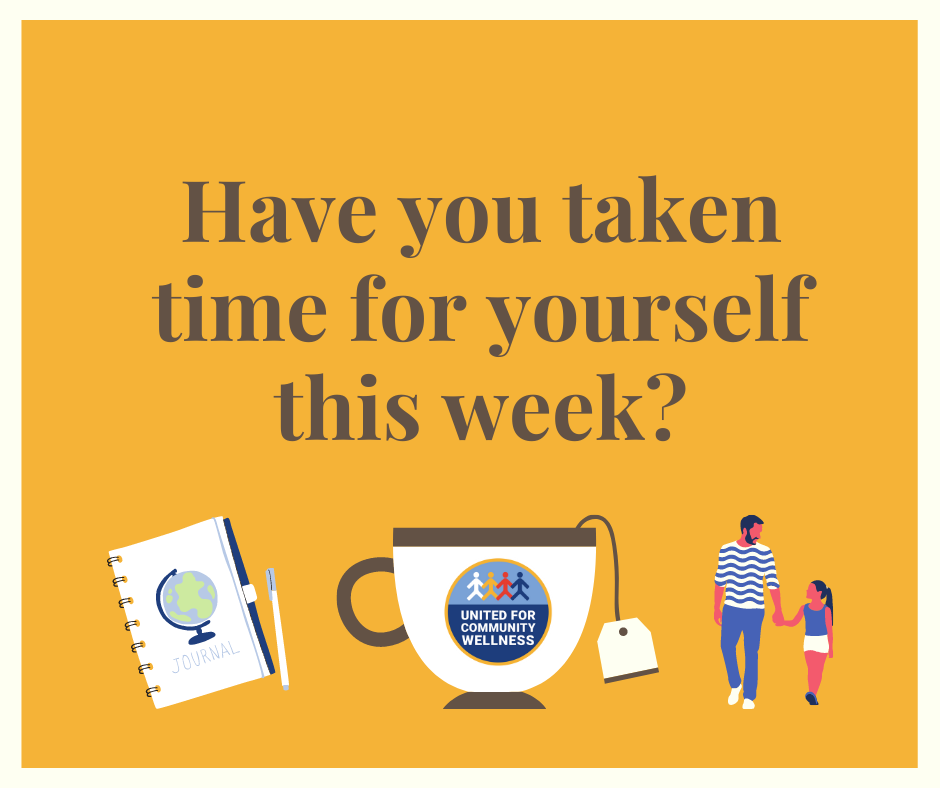
Click on each tab to learn more about anxiety and depression!
Anxiety
How to Handle Anxiety
- Identify patterns of anxiety or sources of anxiety
- Establish routines and good daily habits
- Reduce time on social media or news
- Get reliable information about the situation
- Make connections – find positive supports
- Focus on the present moment – practice mindfulness
- Identify positive coping strategies
- Plan how you will use coping strategies
- Focus on things you can control
- Foster positive problem solving
- Have a strategy for self-care
- Find things you enjoy – have fun
- Ask for help if you need it
3 Simple Grounding Techniques for Anxiety
- The 5-4-3-2-1 grounding technique
Name out loud
5 things you can see
4 things you can feel
3 things you can hear
2 things you can smell
1 thing you can taste
- Draw around your foot – in your mind
Place your feet on the ground
Using your imagination – this will all be in your mind
Start at your heel
use an imaginary pencil to slowly move up your foot to your toes
use your imaginary pencil to draw around your toes
be sure to stretch out your toes to separate them for the pencil to outline them
Repeat on the other foot
- Get your energy out
Sometimes to calm, you need to get some adrenaline-fueled energy out of your body.
Run in place
Do jumping jacks
Go up and down your stairs
Brisk walk outside
Clean the kitchen/house/yard
Dance around the house
Grief


Article/Email/Website:
Excerpt directly from: CDC
Many people are experiencing grief during the COVID-19 pandemic. Grief is a normal response to loss during or after a disaster or other traumatic event. Grief can happen in response to loss of life, as well as to drastic changes to daily routines and ways of life that usually bring us comfort and a feeling of stability. Common grief reactions include:
- Shock, disbelief, or denial
- Anxiety
- Distress
- Anger
- Periods of sadness
- Loss of sleep and loss of appetite
Some people may experience multiple losses during a disaster or large-scale emergency event. Because of the COVID-19 pandemic, you might be unable to be with a loved one when they die, or unable to mourn someone’s death in-person with friends and family. Other types of loss include unemployment, or not making enough money, loss or reduction in support services, and other changes in your lifestyle. These losses can happen at the same time, which can complicate or prolong grief, and delay a person’s ability to adapt, heal, and recover.
If you feel distress from other types of loss or change
During the COVID-19 pandemic, you may feel grief due to loss of a job; inability to connect in-person with friends, family or religious organizations; missing special events and milestones (such as graduations, weddings, vacations); and experiencing drastic changes to daily routines and ways of life that bring comfort. You may also feel a sense of guilt for grieving over losses that seem less important than loss of life. Grief is a universal emotion; there is no right or wrong way to experience it, and all losses are significant.
Here are some ways to cope with feelings of grief:
- Acknowledge your losses and your feelings of grief.
- Find ways to express your grief. Some people express grief and find comfort through art, gardening, writing, talking to friends or family, cooking, music, gardening or other creative practices.
- Consider developing new rituals in your daily routine to stay connected with your loved ones to replace those that have been lost.
- People who live together may consider playing board games and exercising together outdoors.
- People who live alone or are separated from their loved ones may consider interacting through phone calls and apps that allow for playing games together virtually.
- If you are worried about future losses, try to stay in the present and focus on aspects of your life that you have control over right now.
Video
A Social Worker Shares Honest Thoughts About Grief and Loss During Pandemic - Bing video
Action Step:
Give yourself permission to feel grief and then take some time to journal positive memories.
Holiday/Winter Blues

Overcome the Winter Blues
• Take Care of your Body
• Connect with others
• Manage your mental wellness
Dealing With Uncertainty
Intro Post:
The unknown can cause worry, stress, anxiety and despair. It is normal for these feelings to be increased during uncertain times. 
Action Post:
Remember during times of uncertainty, it is important to take time for yourself. Take care of your physical and emotional well-being. What do you do to take time for yourself?

Website/Article/Email:
The unknown can cause worry, stress, anxiety and despair. It is normal for these feelings to be increased during uncertain times. Here are some ways to tolerate that worry as you work to manage uncertainty:
- Mindful activities – spend time focusing on the present. Consider activities where you observe and notice things around you and within you – with acceptance.
- Focus on self-care – what can you do to relax and de-stress – do what helps you feel better.
- Take care of your physical well-being – eat well, get good sleep, exercise, etc.
- Make kindness a priority. There are others who are worried and stressed – be gracious and kind.
- Consider writing a list of helpful facts or look at a helpful article that you can focus on when you start to worry.
- Notice your worrying thoughts and work on accepting them, instead of reacting to them.
- Think of other difficult times you have survived and remember the things that helped you – then use that to help you now.
- Talk to family and friends for support – not to commiserate and complain, but to share, understand and support.
- When you notice you are overthinking and increasing your worry – go back to the present moment or focus on concrete tasks.
- Take time this week to do at least one item on this list and let us know what you did or plan to do.
